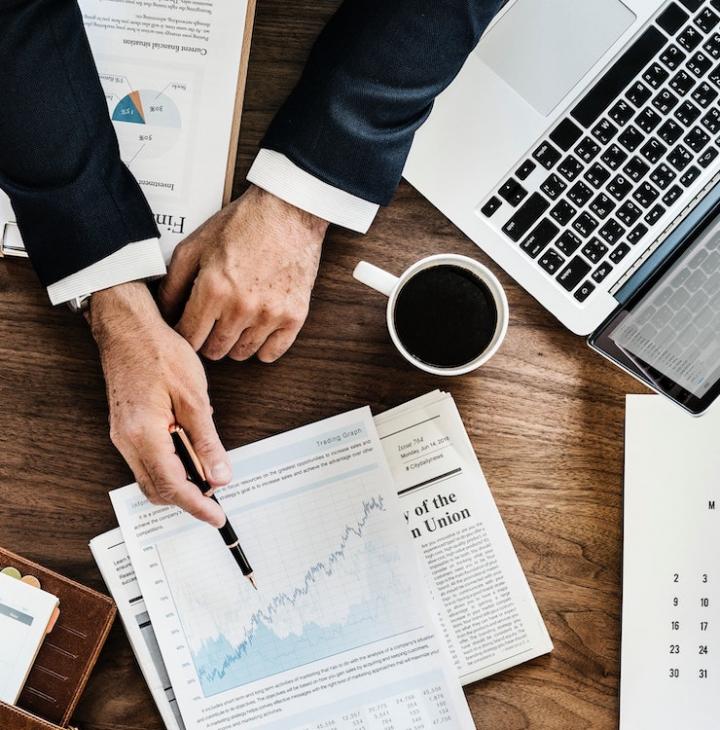Navigating Business in Thailand for Foreigners
Thailand presents a dynamic and attractive market for foreign investors and entrepreneurs. However, successfully establishing and operating a business in the Kingdom requires a thorough understanding of its legal landscape, including company registration processes, foreign ownership regulations, and potential incentives like the Board of Investment (BOI) scheme. PS Law & Business offers expert legal guidance to help foreigners navigate these complexities.
Understanding the Thai Business Environment
Before starting a business in Thailand, it's crucial to understand the legal framework governing foreign participation. The primary legislation is the Foreign Business Act (FBA), which lists activities restricted or prohibited to foreigners and outlines conditions for obtaining a Foreign Business License (FBL) if required.
Key Considerations for Foreigners:
- Business Structures: Foreigners can choose from several business structures in Thailand, including Thai Limited Companies, partnerships, branch offices, and representative offices. Each has distinct legal implications, ownership rules, and liability considerations. A Thai Limited Company is the most common structure, often requiring a majority Thai shareholding unless specific conditions or promotions apply.
- Company Registration: The process of Thailand company registration involves several steps with the Department of Business Development (DBD), including name reservation, submission of a Memorandum of Association, a statutory meeting, and final registration.
- Foreign Business License (FBL): For many business activities where foreigners hold a majority stake or the activity is restricted under the FBA, obtaining an FBL is mandatory. This can be a complex process requiring detailed documentation and justification.
- BOI Thailand (Board of Investment): The BOI offers attractive incentives for specific business activities that contribute to Thailand's economic development. These incentives can include tax holidays, permission for 100% foreign ownership (even in some restricted sectors), land ownership rights, and easier facilitation of visas and work permits for foreign staff.
- Work Permits and Visas: Foreigners intending to work in their business in Thailand must obtain a valid non-immigrant visa and a work permit. The company itself often acts as the sponsor for these applications.
- Corporate Law and Compliance: Ongoing compliance with Thai corporate law, accounting standards, tax regulations (including VAT and corporate income tax), and labor laws is essential for smooth operations.
How PS Law & Business Can Assist You
At PS Law & Business, we provide comprehensive legal services for foreigners looking to establish or expand their business operations in Thailand. Our expertise includes:
- Advising on the optimal business structure for your venture.
- Assisting with the entire Thailand company registration process.
- Guiding you through applications for a Foreign Business License.
- Helping you explore and apply for BOI Thailand promotion if your business qualifies.
- Advising on work permit and visa requirements for business owners and foreign employees.
- Providing ongoing legal support for corporate compliance, contracts, and other business law matters.
- Offering legal advice on navigating the nuances of Thai business law.
Understanding the local legal requirements is paramount to your success. With recent discussions around potential easing of some foreign business restrictions, staying updated is crucial. Our team in Bangkok is well-positioned to provide current and practical legal advice.
Take the Next Step in Your Thai Business Journey
Starting a business in a foreign country can be challenging, but with the right legal partner, you can navigate the process confidently. Contact PS Law & Business today for a consultation on your business venture in Thailand.
Frequently Asked Questions (FAQ)
1. Can a foreigner own 100% of a company in Thailand?
Generally, foreign ownership in a Thai company is limited to 49%. However, 100% foreign ownership is possible in certain situations, such as through BOI promotion, by obtaining a Foreign Business Certificate for specific activities, or for U.S. citizens under the Treaty of Amity (with some exceptions). Certain non-restricted businesses like manufacturing for export may also allow for majority foreign ownership.
2. What is a Foreign Business License (FBL) and do I need one?
A Foreign Business License is required if a company with majority foreign ownership engages in business activities restricted under the Foreign Business Act. Our lawyers can assess if your intended business activities require an FBL and assist with the application.
3. What are the benefits of BOI promotion?
BOI promotion offers various incentives, including tax exemptions (corporate income tax, import duties), permission for 100% foreign ownership, rights to own land, and simplified procedures for visas and work permits for foreign experts and technicians.
4. What is the minimum capital requirement for a business in Thailand with foreign employees?
Generally, for a Thai limited company to sponsor a work permit for a foreigner, it must have a registered and paid-up capital of at least THB 2 million per foreign employee. There are exceptions and other considerations, especially for BOI-promoted companies.
5. How long does it take to register a company in Thailand?
The timeline for company registration can vary depending on the business structure and completeness of documentation. A standard Thai Limited Company registration typically takes a few weeks once all necessary documents are prepared. FBL applications or BOI approvals will add significant time to this process.
6. Do I need to be in Thailand to register my company?
While some steps can be managed remotely through a legal representative, your presence might be required for certain procedures like opening a bank account. We can advise on the specific requirements based on your situation.




